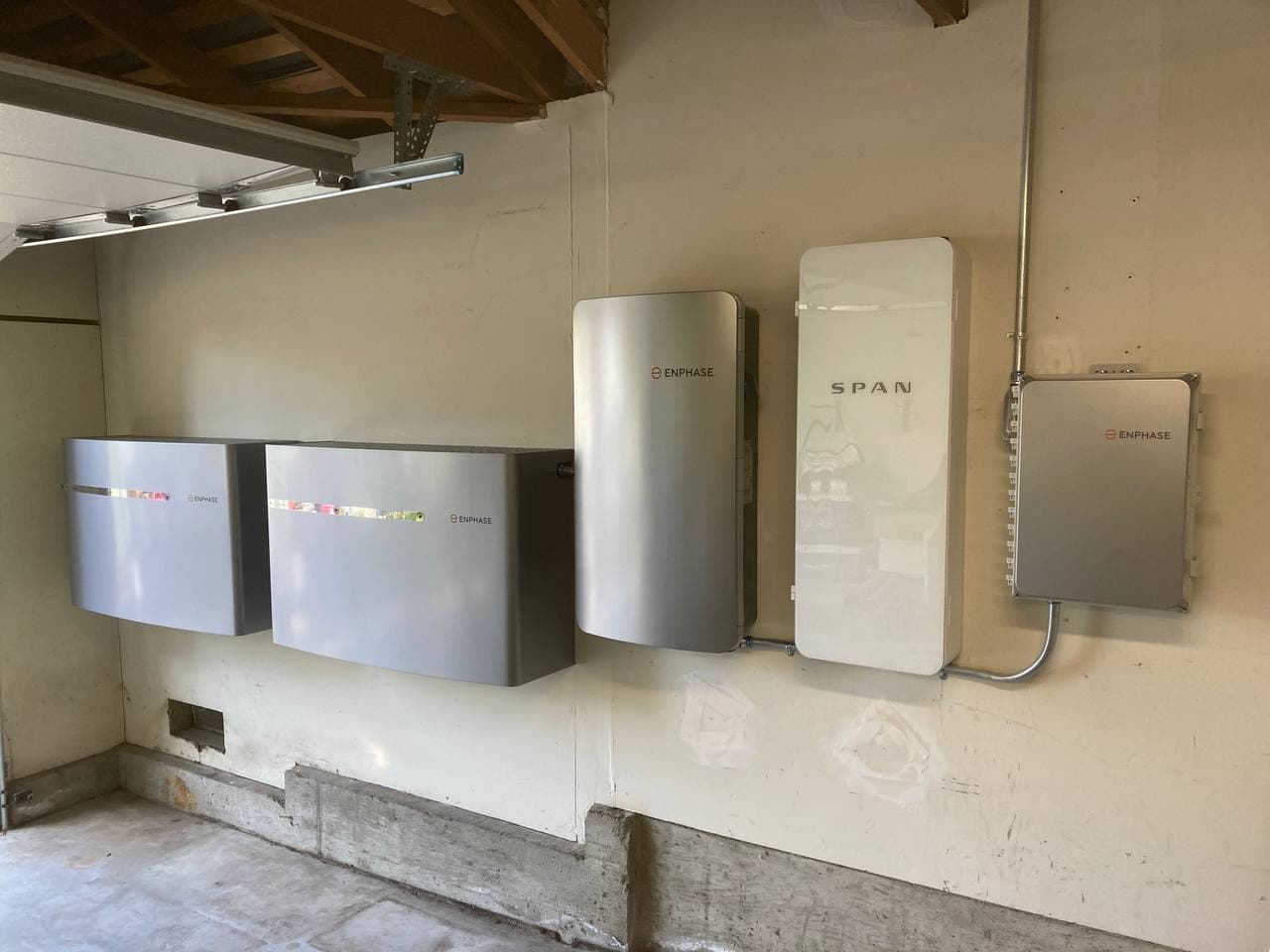
The Guide to Solar Backup Batteries: Benefits and Drawbacks
In the evolving landscape of residential energy solutions, solar backup batteries are becoming increasingly vital for homeowners. As we strive for energy independence and sustainable living, understanding these systems is crucial. This guide aims to explore the benefits and drawbacks of solar backup batteries, providing homeowners with the knowledge needed to make informed decisions.
Understanding Solar Backup Batteries
Solar backup batteries store energy generated by solar panels for later use. These systems are pivotal in ensuring that the excess energy produced during sunny days doesn’t go to waste. From lithium-ion to lead-acid, various battery types offer different benefits and limitations, making it essential to understand their nuances.

Benefits of Solar Backup Batteries
-
Energy Independence: These batteries provide a reliable power source during outages, reducing dependence on the electrical grid.
-
Electricity Cost Savings: Over time, solar backup batteries can lead to significant savings on electricity bills, making them a financially sound investment.
-
Environmental Impact: By utilizing renewable solar energy more efficiently, these systems help reduce your carbon footprint.
-
Increased Solar Utilization: Batteries enable homeowners to use a larger portion of the solar energy they generate, maximizing their solar investment.
-
Government Incentives and Rebates: Several incentives are available to reduce the initial cost of installing solar backup batteries.
Drawbacks of Solar Backup Batteries
-
Initial Investment Cost: The upfront cost for these systems can be substantial, though this is often mitigated by long-term savings.
-
Lifespan and Maintenance: All batteries have a finite lifespan, and some require routine maintenance. However, Got Watts only sells lithium-ion batteries that don’t require any maintenance and have a longer lifespan.
-
Space Requirements: Installing these systems requires adequate physical space, which might be a constraint for some homeowners.
-
Complexity in Installation and Integration: Professional installation is recommended due to the technical complexity. Got Watt is a Certified Installer for Tesla, Enphase, and FranklinWH.
-
Battery Efficiency and Performance Issues: Over time, batteries might experience reduced efficiency.
Who Should Consider Solar Backup Batteries?
Homeowners who experience frequent power outages, those with high energy needs, or individuals living in areas with high electricity rates would benefit most from these systems. Geographic location and personal energy consumption patterns also play a significant role in this decision.
Choosing the Right Solar Backup Battery for Your Home
Selecting the appropriate battery involves considering energy needs, budget, and compatibility with existing solar installations. Look for systems with adequate capacity, reliable warranties, and proven performance records.
Other Resources
Conclusion and Next Steps
Solar backup batteries offer a blend of benefits and challenges. As a homeowner, it’s essential to assess these factors in light of your specific needs and circumstances. We recommend consulting the solar consultants at Got Watts to explore the best options for your home.
For further information, please refer to the resources listed above. You can also contact local solar experts at Got Watts for personalized advice and solutions.
